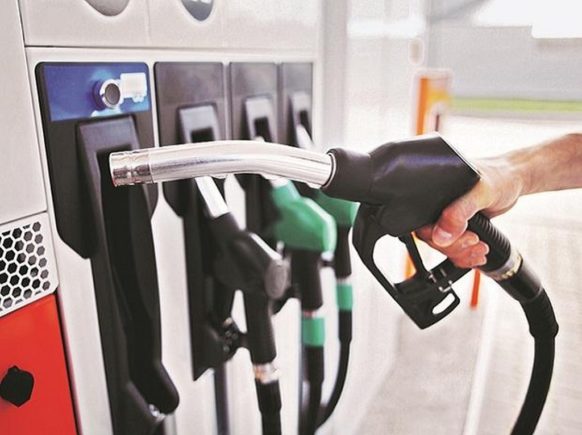After approving the use of E20 as automobile fuel earlier this year, the Union government has decided to prepone the commencement of its sales to 2023 from 2025.
Oil marketing companies (OMCs) are likely to be given the green light to sell E20, which is petrol containing up to 20 percent of ethanol, earlier than anticipated.
The government had previously set 2030 as the target year to achieve 20 percent ethanol blending in petrol. But, it has since moved the goalposts to 2025 and now 2023, as it seeks to cut its oil import bill.
But, whether OMCs and automobile manufacturers can respond that quickly is to be seen, for this move brings with it several foreseeable challenges.
While availability of enough Ethanol to blend it with petrol would be of serious concern for oil companies, automakers would have to work on new engine specifications for their vehicles to run on E20.
With the advent of BS6 emissions regulations, the retail cost of automobiles increased by a massive amount in India. Couple that with the disruption caused by COVID-19, sales of vehicles have reduced considerably since.
What’s more, the Centre is also set to implement Corporate Average Fuel Efficiency (CAFE) Phase 2 regulations come April 2022 which will require carmakers to lower the CO2 average of their fleet to 113 g/km from 130 g/km.
Then, by 2023, Real Driving Emissions (RDE) norms will be put into effect, requiring cars to achieve emission targets even in real world conditions, which will result in vehicles getting even more costlier.
It is during the same time that E20 fuel sales will get prevalent in the country, which would most likely result in another wave of unwelcome price hike in vehicles.
What’s more, it has become a tradition among automobile manufacturers to roll out a price hike every year citing rising input costs.
All these factors might end up further reducing the buying power of the general public even though increasing ethanol blend in petrol might result in a slight decrease in the fuel’s retail price.

